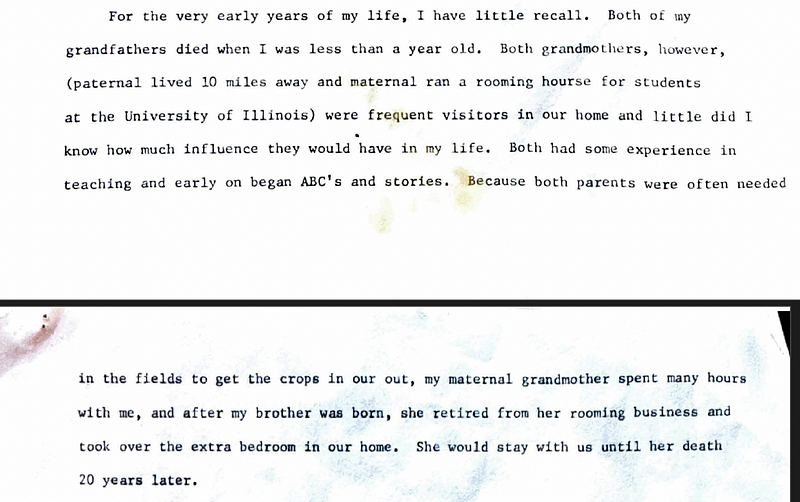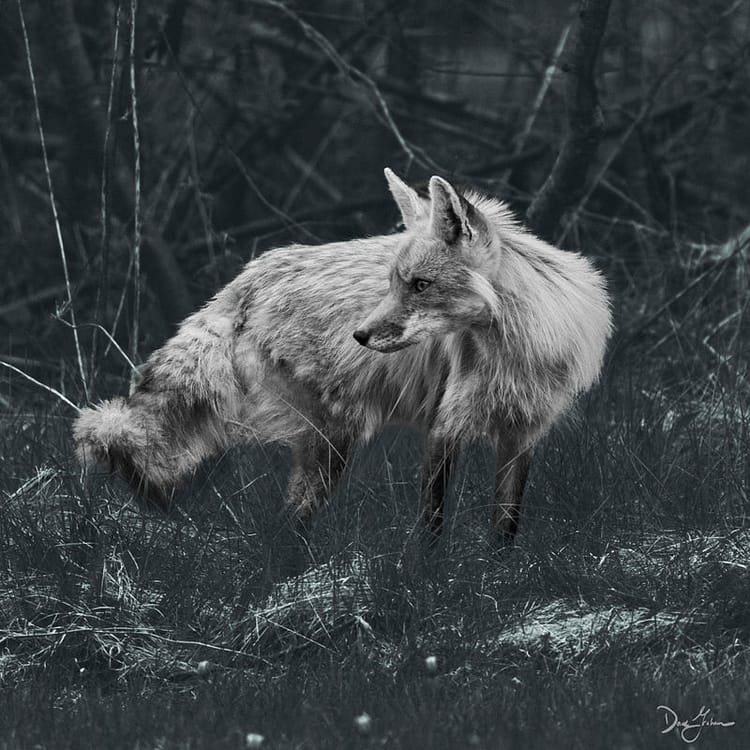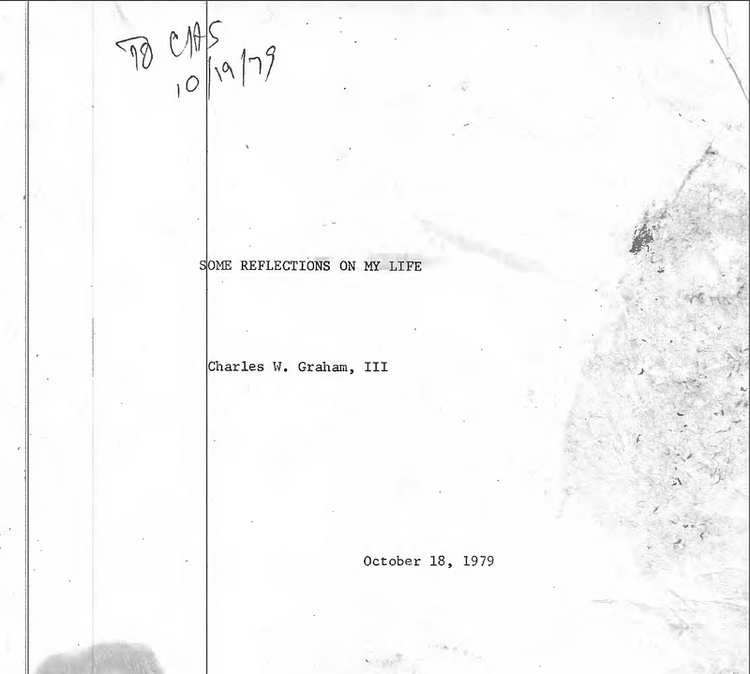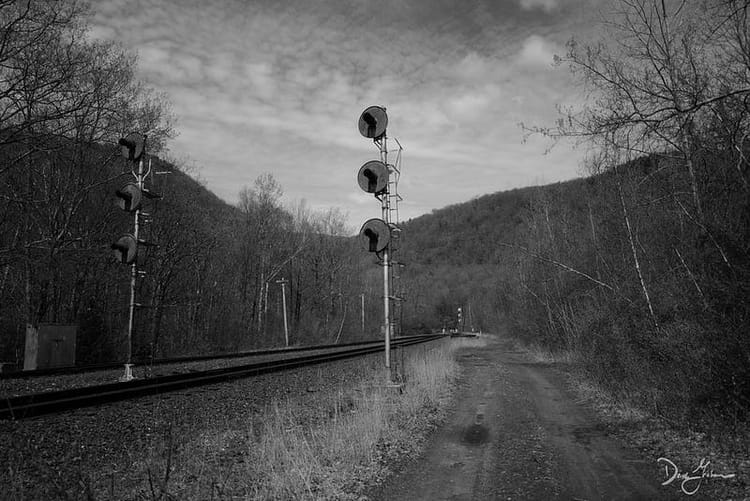Genesis

In the absence of actual human-acquired photography, the influence of artificial intelligence will have to do. As someone who prefers to capture the world around him with a camera, I’m grateful there is at least a fallback to a more mundane engagement process with this digital world.
One of my more recent followers on Post.news is @AIPsalms, who takes verses from the book of Psalms and uses them as prompts for generative AI. I don’t know what platform they’re using, and, to be fair, it hardly matters. However, the interplay between the written word from thousands of years ago and a modern machine interpretation is interesting. Perhaps it’s something that we take for granted, this language of ours and the translation of ancient knowledge into contemporary space, but putting an image to the words written so long ago can lend itself to new perspectives.
The image above was generated from Genesis 1:1, which states, “In the beginning, God created the heavens and the earth.” It’s a collision of light and dark, of the earth below and the heavens above. It’s a framing of the infinite to the finite, of galaxies and the soft grass in fields. It represents well the ideals from that first verse, the inception of what is to be chapters and books spanning thousands of years. And it all starts from this point: light from dark.
Regardless of your views of creation or religion, the Bible exists as extant literature, a collection of stories about people, places, and times. It was written by fallible humans prone to the same virtues and vices as you or I, and at times, it requires a suspended belief as to the veracity of its narrative. Be that as it may, it still represents a collection of our humanity; from that perspective, it is invaluable. It also tempers our expectations of what humans offer the world: our fears, failures, triumphs, tragedies, promiscuity, recklessness, dismissal, love, lust, and any other adjective you could throw out there. The Bible is a story of us: good, bad, and ugly.
I’m not here to rewrite religion, at least not today. I’m not here to chip away at the millennia of experiences that humanity has under our belt. If anything, I marvel that we’ve not managed to wipe ourselves off the face of the earth with our reckless regard for each other and the creatures and resources in our care. Instead, I’m here to remind us of our beginning, the inception of our stories, our creation from the dust of the cosmos.
We all start from somewhere, something. We’re a complex interworking of cellular microbiology, the meiosis and mitosis of cells, a chain of events that began in primordial soup, is sustained in the collision of body and soul, and expires at a time unknown to us. We’re the complexity of trillions of calculations, celestial maths we’re only just beginning to understand, and the fantastic combination of form and function. We are “fearfully and wonderfully made,” as the Psalmist says, which is true regardless of our teleology or theology.
With every new circuit around the sun, we become increasingly human. We inscribe our nature even more into the strands of DNA that compose us. We force ourselves along an evolutionary path, adjusting our biologies from the past to the present and toward the future. We’re not static creatures but dynamically shaping ourselves to the not-yet. As daunting as it may be, especially from where we sit today amidst the political adjudication of what it means to be “female” or “male,” we must admit that we’ve changed from what once was. As a point of embarkation, the Bible doesn’t entirely embrace the totality of our experiences and growth. According to contemporary theologians, its timelessness should persist throughout the ages, but perhaps it’s time to acknowledge it’s not as salient as it once was.
Who am I to throw the proverbial baby out with the bathwater? These matters are for you to decide, process, chew on, and consider. They’re designed to ignite all of your gray matter in considering where we go from here, the new stories we tell, and the next evolution of our progress. Perhaps as you consider these things, you’ll come to divergent thoughts and new paradigms that differ from mine. Maybe they’ll be similar. Regardless of the outcome, if I can only cause you to think and reason, perhaps I, too, am becoming a genesis for what comes next.
May it ever be so.





